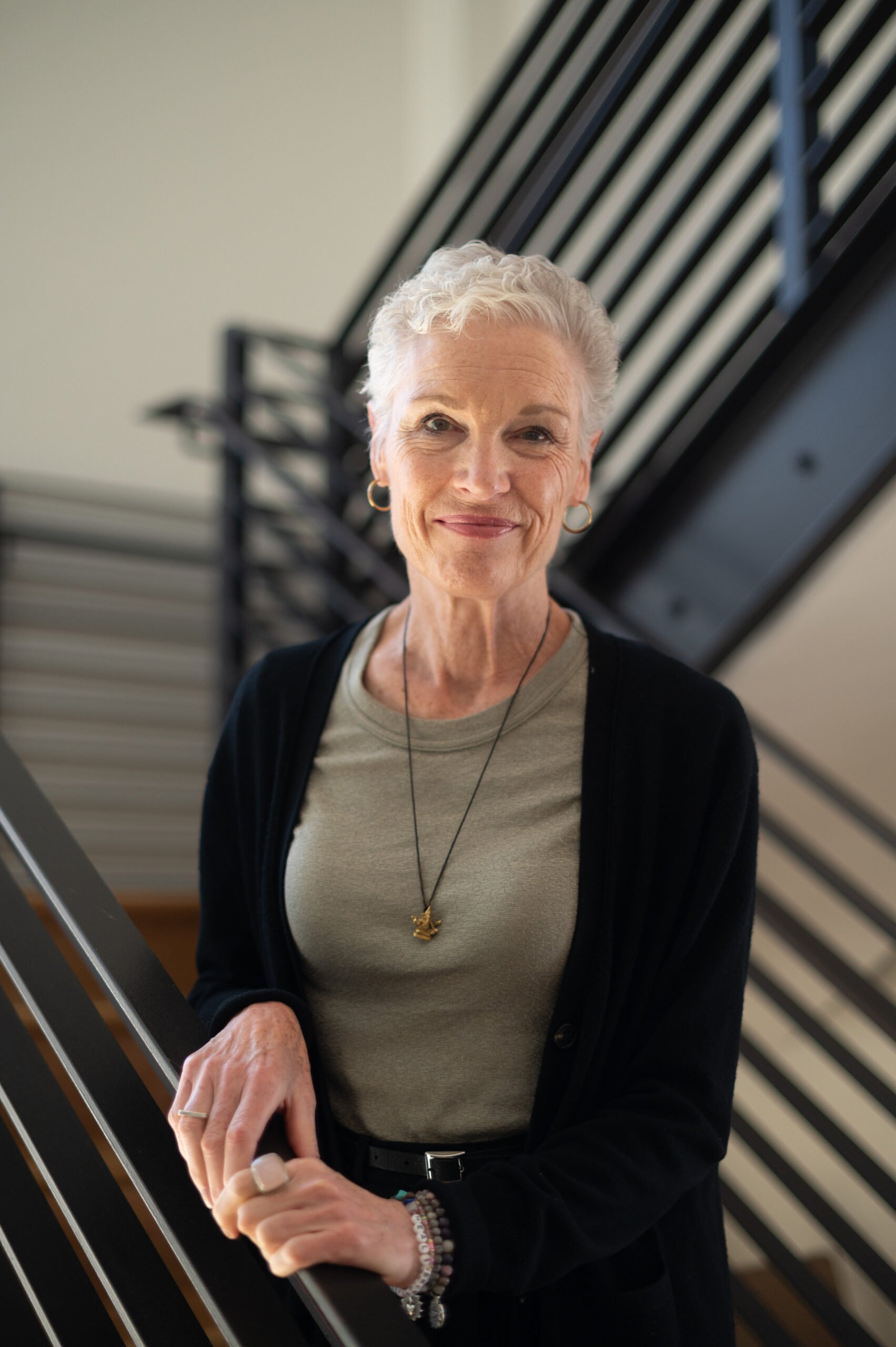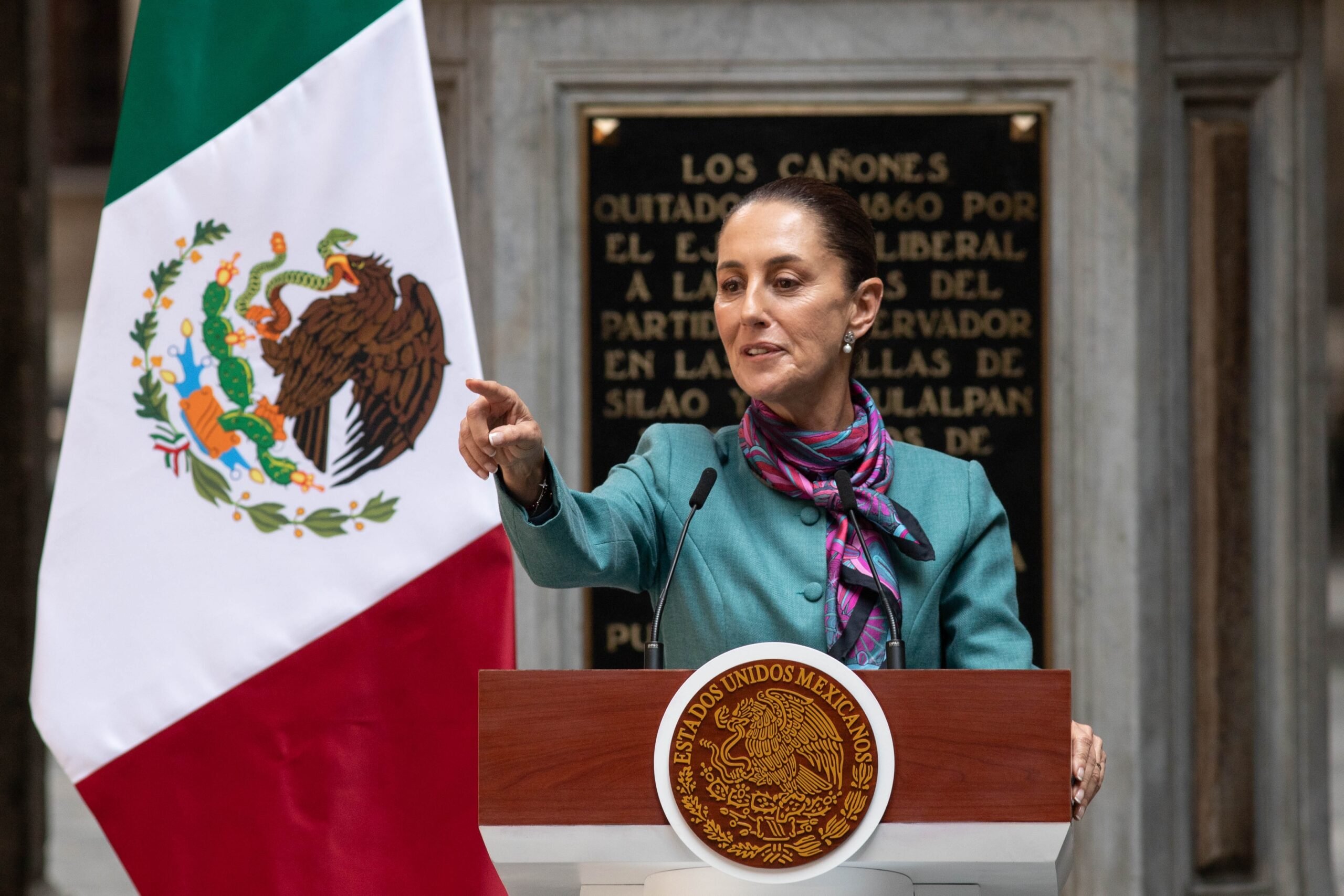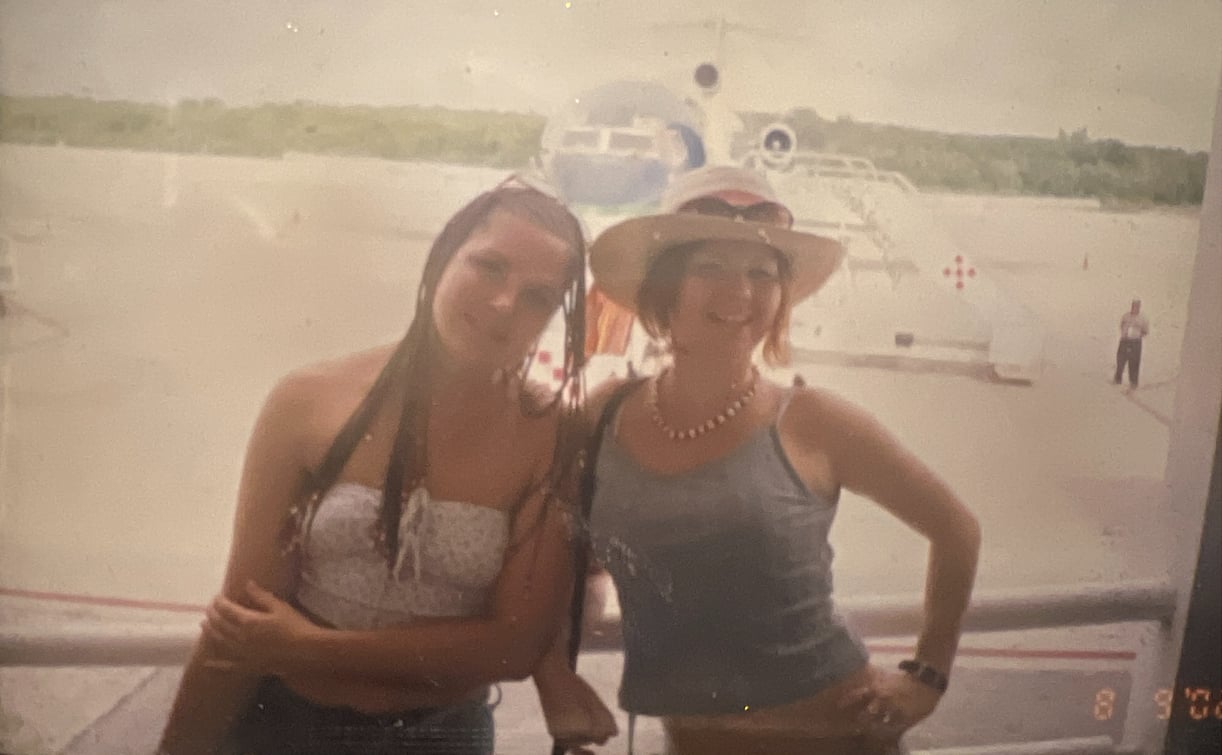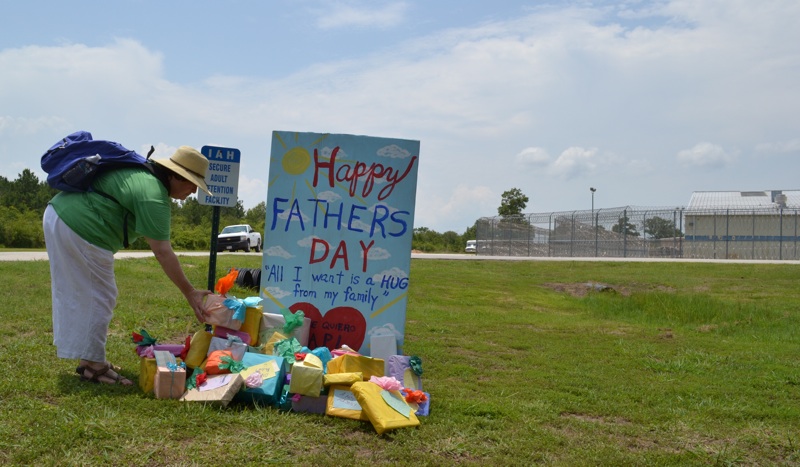
Father’s Day at the Controversial Polk County Detention Center
Families separated by immigration policy caravan to the privately run East Texas lockup.
Maria Cecilia Ovalle didn’t expect to take care of her two small children alone. Until May, she lived in Houston with her husband Juan Jose Carranza Alvarado and their children, a four-year-old son and two-year-old daughter. But after a scuffle at work, Juan was questioned by police who discovered he didn’t have immigration papers. They arrested him immediately.
Her husband, a steelworker in Texas for more than 10 years, was sent to the Joe Corley Detention Center in Conroe, 40 miles north of Houston. He was the breadwinner of their household and without papers, Ovalle says she’s had a hard time finding a job. She sold things from their home—an Xbox, two TV sets—to pay rent, but she’s not sure how long she can keep it up without work.
Ovalle isn’t sure how long her husband will be locked up. If he’s given an immigration bond to stay in the U.S., she says she’ll find a way to pay it. She doesn’t want to think about what could happen if he is deported.
Being undocumented means that she can’t visit her husband at Joe Corley, so their only communication is an expensive daily phone call. Ovalle’s eyes well up with tears as she tells the Observer that their two children—both U.S. citizens—can’t see their father.
“They’re so young. It really affects them,” she says in Spanish. “They ask me, ‘Where’s daddy? Where’s daddy?’ I tell them he’s working far away.”
Ovalle says that anguish over her family’s separation drew her to the Polk County Adult Detention Center in Livingston on Saturday, joining some 70 other activists for a “Father’s Day Caravan to Close Polk.”
Austin-based nonprofits Grassroots Leadership and Texans United for Families organized the caravan, part of the national Detention Watch Network’s “Expose and Close” campaign, which calls for the immediate closure of 10 U.S. detention centers, including Polk County.
On a bus from Austin Saturday morning, I met more people with stories like Ovalle’s, and other activists, as we rode to Livingston.
Rocio Villalobos sits quietly in a window seat. As a member of Texans United for Families, she coordinates a volunteer visitation program to T. Don Hutto Residential Center, a 512-bed private, for profit detention center in Taylor that imprisoned families until 2009.
Just over 500 women are currently detained in Hutto, which has received scrutiny for violating ICE detention standards. Villalobos says conditions in Polk are similar, if not worse.
She says one thing that differentiates the two is access to contact visits. At Polk, a glass partition separates visitors and detainees. “The act of being detained, the act of being so isolated, and being kept from any kind of social contact or emotional contact with their loved ones, is adding to their distress,” she says.
Her concerns are many: isolation of detainees, lack of access to proper medical and legal services, labor practices within facilities, separating families, and the massively profitable private prison system, which the Observer reported on in May.
A few miles from the facility, some passengers lather themselves in sunscreen and prepare for the next couple hours in the Texas summer heat.
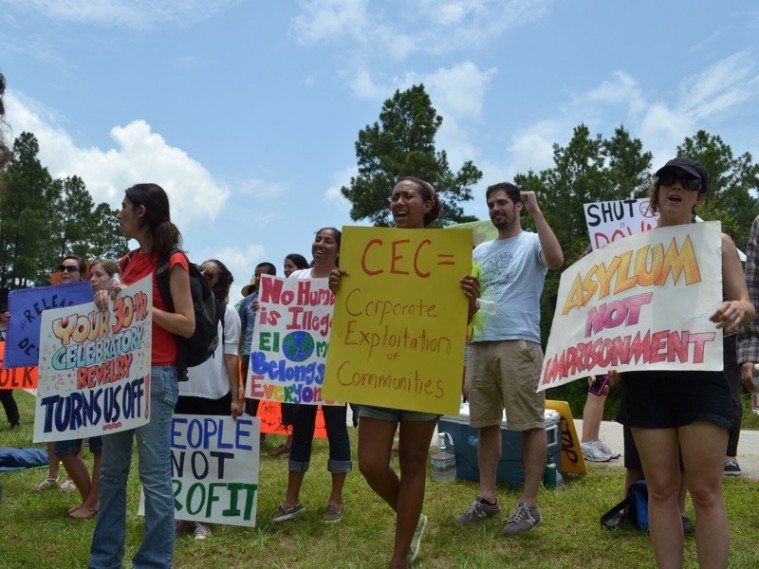
The charter pulls into a driveway where another busload of people from the Houston-based nonprofit LIFT: Liberating Immigrant Families Together are waiting. As I step off the bus, I catch my first look at the large beige structure.
The IAH Secure Adult Detention Facility, as it’s known more officially, is a 1,054-bed prison run by the for-profit Community Education Centers (CEC). U.S. Immigration and Customs Enforcement pays CEC an average of $56 a day for each bed filled, according to a report by Detention Watch Network and Texans United for Families. Now, 822 beds are filled by men waiting—some up to a year—for their immigration hearings.
The report, based on interviews with 60 detainees, the warden, CEC staff members and two ICE officials last July, details some of the conditions in Polk. Among its long list of offenses: inadequate medical care, solitary confinement, no contact during visits, unhealthy meals and labor exploitation.
Sam Vong, who wrote the report, joined the Polk caravan. Last July he toured the facility with other Texans United for Families members.
“These are cinder-block cells where there are eight men in each very small cell with no privacy,” Vong says. “One man even talked about having to drink from a water foundation directly adjacent to the toilet. It’s very dehumanizing.”
Immigrant rights advocates say they’re worried about what’s happening inside Polk’s walls. But on Father’s Day weekend, this event is focused on what’s happening to families separated by detention.
Yajaira Lopez is standing in the shade, listening to speakers at the vigil. Back in January, more than 10 ICE officials entered her family home and arrested her husband Jayron, threatening to deport him to Guatemala. Yajaira says their young daughters watched as ICE agents took their dad away.
Jayron was imprisoned in the Joe Corley Detention Center until May when he received immunity. Yajaira tells me her 11-year-old daughter Jasmine’s attitude started changing, and both of their daughters’ grades slipped. Yajaira has a pacemaker for her congestive heart failure, and was even hospitalized for two days in February, which she attributes to stress from Jayron’s case.
Yajaira says she and her daughters, all U.S. citizens, were able to see Jayron while he was detained. But it’s not uncommon for detainees to have few visitors.
Matt Gossage is a volunteer for Texans United For Families, and director of the documentary “Hutto: America’s Family Prison.” The problem is multifaceted, he says. One is that undocumented family members can’t visit without a passport or visa, and he says even coming to vigils like this one is a risk. Even then, people might be detained in states far from their family. “It’s not always logical why ICE will send detainees to certain facilities. They have their own reasons but it’s not for the welfare or wellbeing of the detainees and their families,” he says.
Saturday’s protesters want President Obama, ICE, CEC and the men locked beyond the tall fence to hear their call and end immigrant detention.
As Ovalle finishes sharing her story, the crowd chants, “No estas sola, no estas sola.” “You’re not alone.” They say this to offer their support, but it also conveys a hard truth.
“We want to remind people at the facility that we’re here, we care about them, and we’re going to continue to push for it to be closed,” Villalobos says.
Before filing onto the uses and heading back home that afternoon, the crowd erupts into one last chant: “We’ll be back!”
